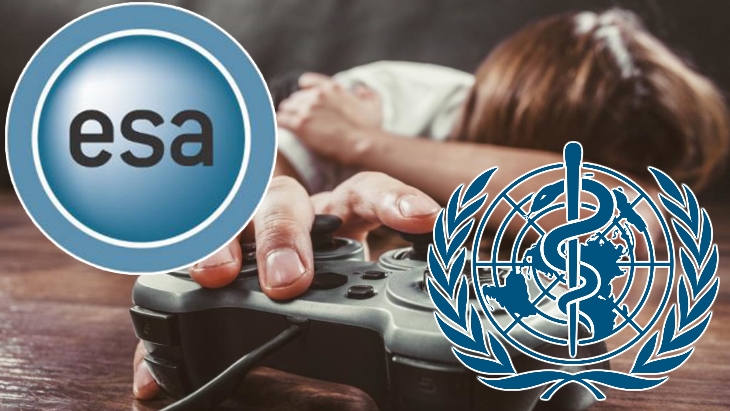
This is Niche Culture. In this column, we regularly cover anime, geek culture, and things related to video games. Please leave feedback and let us know if there’s something you want us to cover!
The Entertainment Software Association (ESA) met with the World Health Organization (WHO) in December 2018, to discuss the WHO’s decision to formalize “Gaming Disorder” as a mental health problem.
In December 2017, the WHO added Gaming Disorder to the 2018 list of International Classification of Diseases. Under “disorders due to substance use or addictive behaviors,” which is typically for “mental and behavioral disorders that develop as a result of the use of predominantly psychoactive substances, including medications, or specific repetitive rewarding and reinforcing behaviors.”
The current phrasing of Gaming Disorder is as follows:
“Gaming disorder is characterized by a pattern of persistent or recurrent gaming behaviour, which may be online or offline, manifested by: 1) impaired control over gaming; 2) increasing priority given to gaming to the extent that gaming takes precedence over other life interests and daily activities; and 3) continuation or escalation of gaming despite the occurrence of negative consequences.”
In June 2018 many psychologists and scholars came together to condemn the classification. Among their many arguments, one stated that gaming does not produce an addictive chemical reaction as with drugs, only endorphins which is no different than “sex, food, work, exercise, shopping and even [dancing]”.
Others expressed concern that improper criteria for diagnosis and treatment could lead to many shadier individuals selling fake or even potentially harmful treatments to “cure” someone who suffers no real addiction or obsession at the behest of concerned but uninformed parents.
In addition, it could lead to even more hysteria and prejudice over the hobby. Finally, there were claims by some that the WHO were under pressure to push this diagnosis from stakeholders and “primarily Asian countries”.
Reports from Reuters claim the ESA representatives met with WHO representatives in Geneva to discuss the classification.
They also claim the WHO’s Gaming Disorder would “set to be endorsed by governments in May, with potential impacts on, for example, healthcare policy and insurance”, and “WHO member governments are expected to start reporting on gaming disorder from 2022 to allow the WHO to track it in global health statistics.”
The ESA have called for “more conversation and education” before anything was finalized, while the head of the ESA Stanley Pierre-Louis offered a short statement:
“It’s our hope that through continued dialogue we can help the WHO avoid rushed action and mistakes that could take years to correct.”
Allegedly there is another meeting “tentatively planned”, but “dialogue did not imply collaboration with the games makers.” We will keep you informed as this story develops.